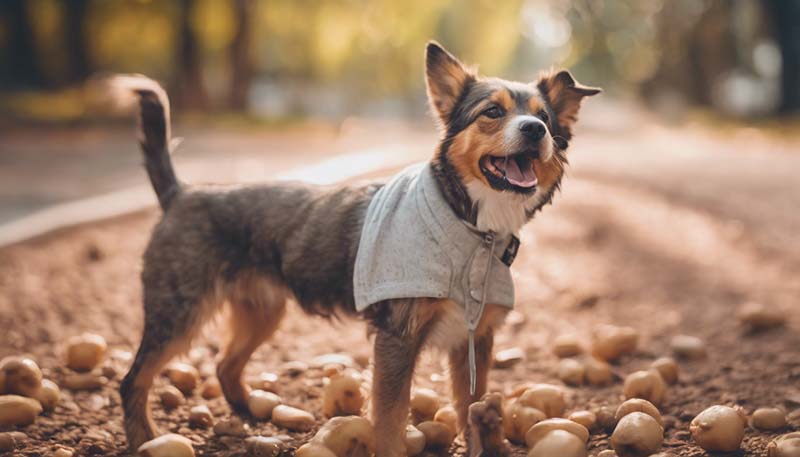Feeding Tips for Pets with Cancer: What You Need to Know
2024-03-28 Pet Nutrition Needs 32 COMMENT
Feeding Tips for Pets with Cancer: What You Need to Know
Cancer is a devastating diagnosis for any pet owner, but with proper care and attention, pets with cancer can still live a good quality of life. One important aspect of caring for pets with cancer is their diet. Here are some feeding tips for pets with cancer that every pet owner should know:
1. Consult Your Veterinarian
The first and most important step is to consult your veterinarian. They can provide guidance on the best diet for your pet based on their specific needs and health condition. Your vet may recommend a diet that is high in protein, low in fat, or has specific supplements to help with your pet's cancer treatment.
2. High-Quality Protein
Protein is essential for pets with cancer because it helps to build and repair tissues, including muscles and organs. High-quality protein sources include lean meats, poultry, and fish. Your pet may also benefit from plant-based protein sources like legumes, whole grains, and nuts.
Examples of High-Quality Protein Sources:
- Chicken
- Turkey
- Lean beef
- Fish (like salmon or tuna)
- Eggs
- Legumes (like lentils or chickpeas)
- Quinoa
- Almonds
3. Omega-3 Fatty Acids
Omega-3 fatty acids have anti-inflammatory properties and can help support your pet's immune system. They are also important for brain and heart health. Good sources of omega-3 fatty acids include fish, flaxseeds, chia seeds, and walnuts.
Advertisement
4. Antioxidants
Antioxidants help to protect cells from damage caused by free radicals, which can contribute to the development of cancer. Foods high in antioxidants include fruits and vegetables, such as blueberries, strawberries, spinach, and kale.
Examples of Antioxidant-Rich Foods:
- Blueberries
- Strawberries
- Spinach
- Kale
- Broccoli
- Carrots
- Berries (like raspberries or blackberries)
- Tomatoes
5. Fiber
Fiber is important for maintaining a healthy digestive system, which is crucial for pets with cancer who may be on medication or undergoing treatment. Good sources of fiber include whole grains, fruits, and vegetables.
6. Hydration
Staying hydrated is important for all pets, but especially for those with cancer. Water helps to flush toxins from the body and keeps your pet's skin and coat healthy. Make sure your pet has access to fresh water at all times.
7. Avoid Toxic Foods
Some foods can be toxic to pets and should be avoided. These include chocolate, grapes, raisins, onions, garlic, and anything sweetened with xylitol. It's also best to avoid giving your pet table scraps or human food, as these can be high in fat and calories and may not provide the necessary nutrients.
8. Small, Frequent Meals
Pets with cancer may have a decreased appetite or difficulty eating. Offering small, frequent meals throughout the day can help to ensure that your pet is getting the nutrients they need.
9. Monitor Your Pet's Weight
It's important to monitor your pet's weight and body condition throughout their cancer treatment. Weight loss or muscle wasting can be a sign of malnutrition, which can make it more difficult for your pet to fight off cancer. If you notice any changes in your pet's weight or appetite, consult your veterinarian.
10. Consider Commercial Pet Foods
Commercial pet foods can be a convenient and nutritious option for pets with cancer. Look for high-quality pet foods that are specifically formulated for pets with cancer or those undergoing treatment. These foods may have added antioxidants, omega-3 fatty acids, and other nutrients that can help support your pet's health.
Feeding your pet with cancer can be challenging, but with the right knowledge and guidance from your veterinarian, you can provide your pet with the nutrients they need to fight cancer and live a good quality of life. Remember to always consult your veterinarian before making any changes to your pet's diet.

Comments